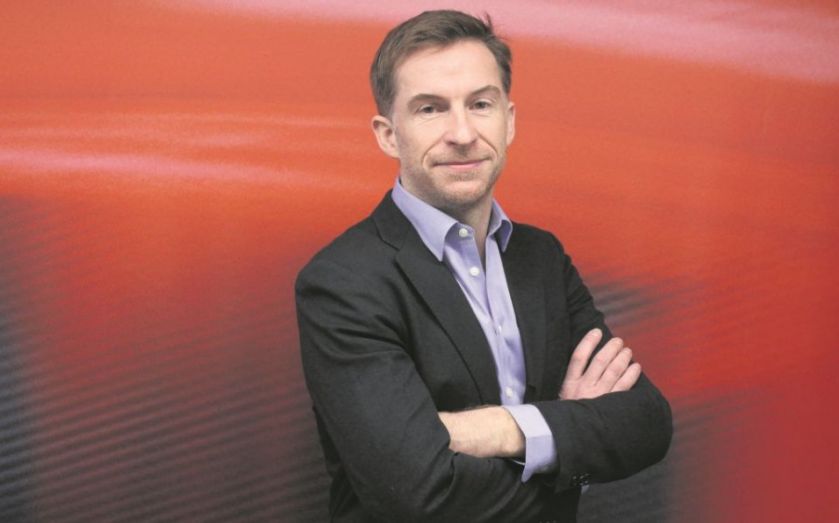Seizing the Moment: Why Antoine de Kermel thinks 2016 is the year of “moment marketing”

In digital marketing, time is precious. And as brands vie to be noticed in the digital space, many are recognising the impact that offline events can have on online activity. “Moment marketing” may be the shot in the arm their campaigns need. Named as one of the six major marketing trends in Warc and Deloitte’s Toolkit 2016, moment marketing is a form of strategic planning, where a brand will automatically buy inventory or launch a social media campaign at the point when consumers are reaching for their devices. They might want to tweet because a goal has been scored, or check their shares when financial markets move, and brands need to be there at these crucial moments.
“The UK has been the most receptive market,” says Antoine de Kermel, managing director of Europe, Middle East and Africa at TVTY, an adtech firm which specialises in moment marketing, and which has provided solutions for Coca-Cola, Samsung, McDonald’s and Ford.
He tells City A.M. about how much brands can plan in advance, and how TVTY’s platform is very different to remarketing.
What kinds of moments can brands use to trigger campaigns?
It’s a way of allowing brands to engage with consumers at crucial moments in the offline world, which might prompt them to reach for their smartphones to discuss the event on social media or perform internet searches around the subject. Brands have not been able to do this effectively before now. Our research shows that, while 23 per cent of digital marketing budgets are spent on moment marketing campaigns, just 11 per cent of brands said that they are able to react to offline events in less than five minutes.
If the weather’s good, a brand may want to change its message to offer 20 per cent off in-store, because people are more likely to be outside. Or if the euro-dollar moves, travel companies might want to push deals on trips to Europe. We can trigger campaigns around fuel price fluctuations, or if a particular actor wins an Oscar. However, TV shows, sports and financial events are set to be the top triggers for 2016.
You need to know where to reach people when the moment is triggered. During office hours, people tend to use search platforms, while at home it might be social media. And we can adapt to regional trends and events as well. A brand might want to target consumers in Bournemouth with an online offer if it’s raining there. It’s very subtle.
Which capabilities allow you to strike while the iron’s hot?
We assign certain triggers to certain brands. Take television, for example. We index every new advert and show broadcasted. So if a BMW ad airs, we could trigger a 15 minute campaign for a competitor, buying up inventory online, or launching a short social campaign, capitalising from the heightened interest in that moment. When a goal is scored in a football match, or when a winner is announced at the Oscars, people tweet about it, and they perform Google searches. We encourage clients to be aggressive during these periods, and pay premiums, because there is a higher level of digital engagement.
How much of an upturn can brands expect?
It depends, but when Vodafone conducted a display campaign triggered by TV ads, it saw a 94 per cent uplift in its click-through rate. The platform increases both conversion rates and average basket values.
We’re not changing the way agencies work. We don’t handle the brand’s data. It is provided to us by them and their advertisers. We integrate with a brand’s existing media buying and programmatic platforms. So moment marketing is just an extra layer on top. This allows us to be agile, and clients are really receptive to that.
It is the opposite of simply “blasting” throughout the day. And being tactical about the periods when you increase your spend is more cost-effective overall.
Aren’t there risks if a campaign launches too quickly?
No, there are safe-guards in place. We only trigger campaigns around trends on Twitter, for example, which we have come across beforehand and vetted. And our approach to sport is non-partisan, so campaigns will be triggered when goals are scored, because that is a significant moment in the context of the match for any spectator. But our clients can be selective. They might want to trigger a campaign if Bradley Cooper wins an Oscar, but not someone else. We can make that happen.
And it is important that this type of marketing is not personalised, like remarketing, where brands target people who have visited their website or app when they browse on sites which are part of the Google Display Network. The message should be contextualised, but not intrusive. That’s vital.